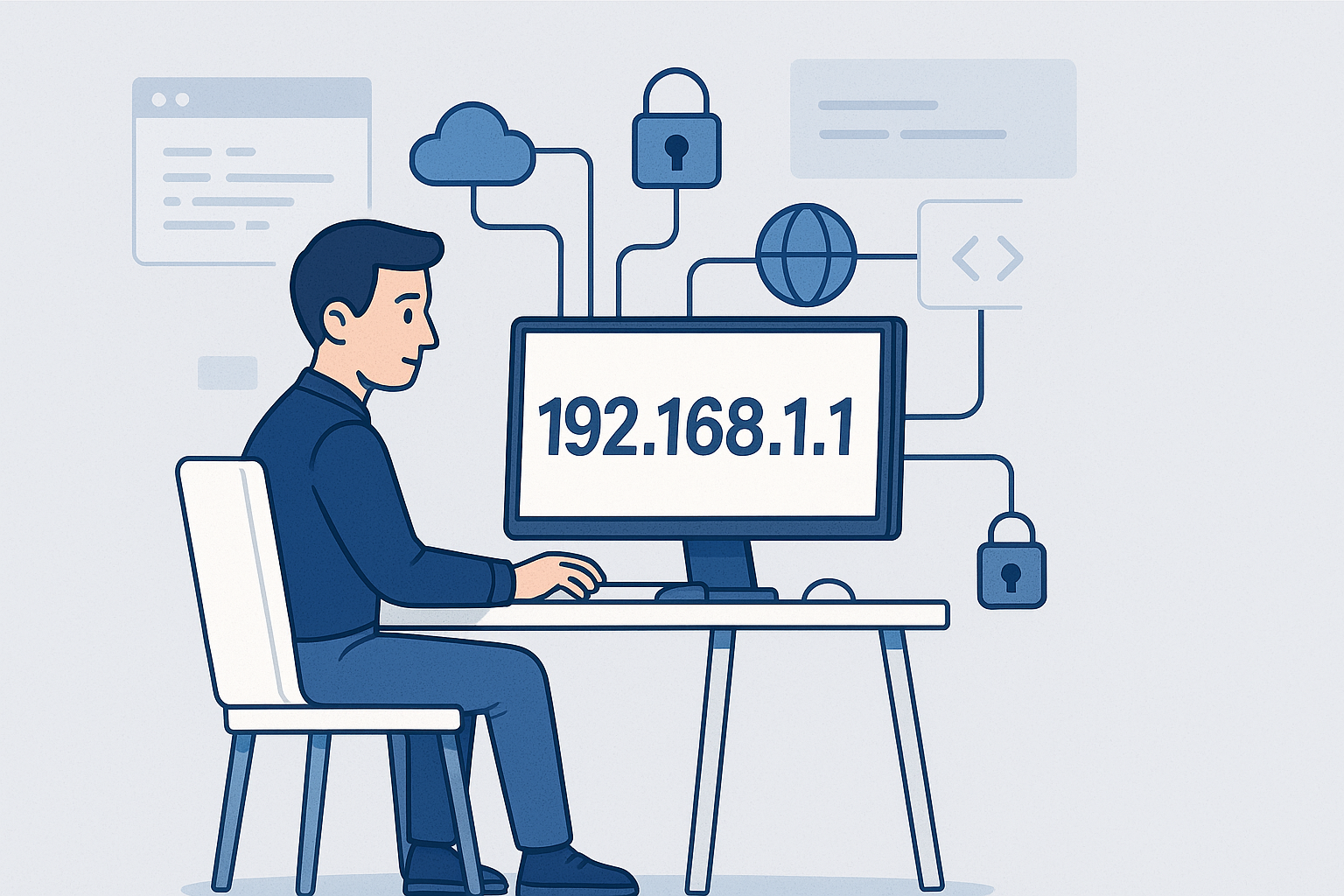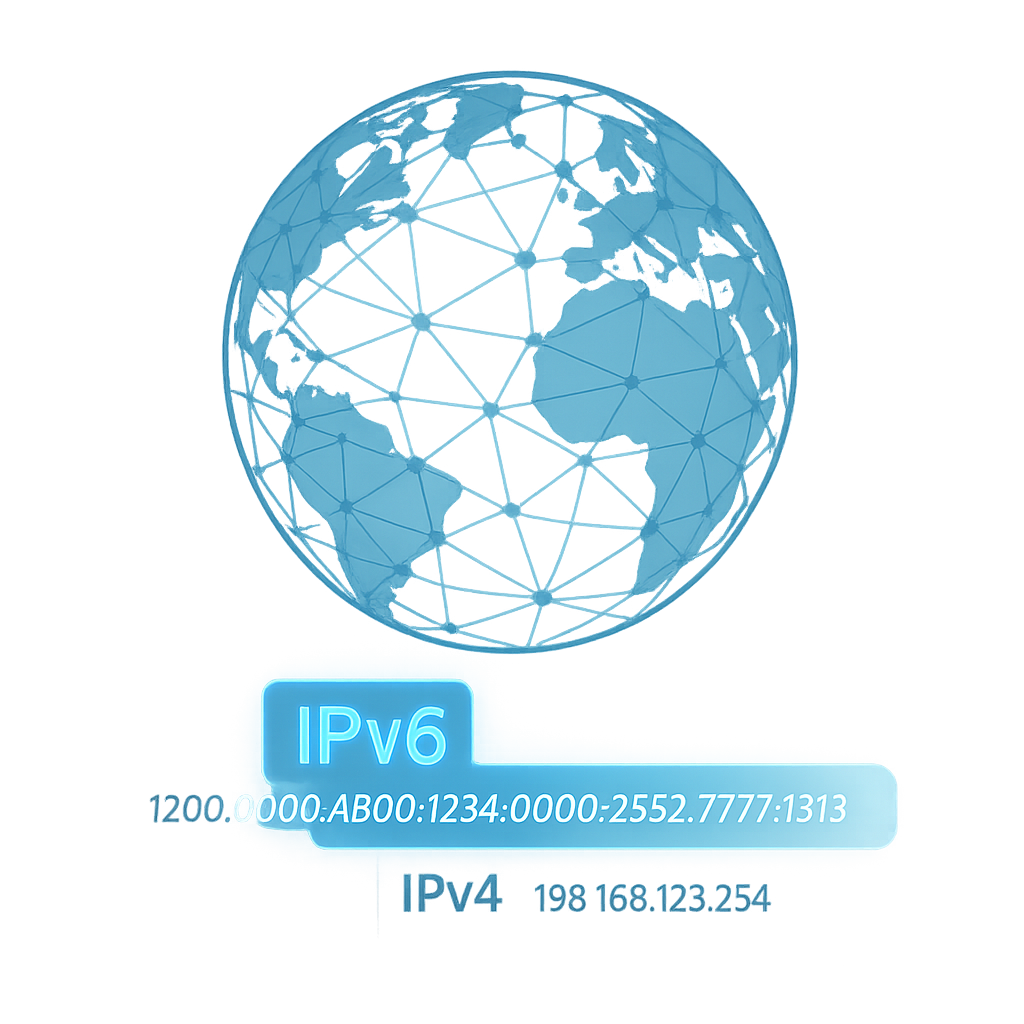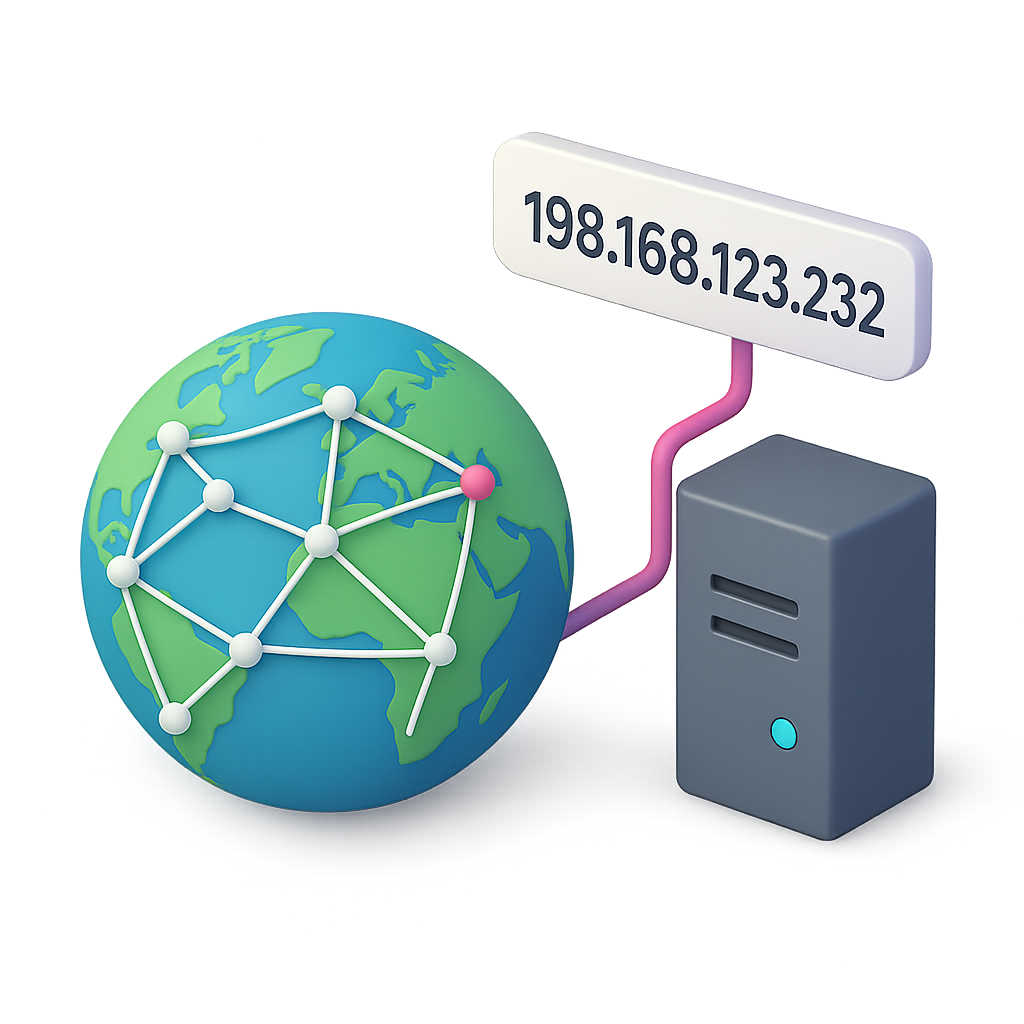What is My IP? - Check Your Secure Public IP Address | ALMC Security
- ALMC SECURITY S.L.U.
- What is My IP?
What is My Public IP Address?
Discover your current public IP securely and for free. At ALMC Security, experts in cybersecurity, we help protect your online connection.
Not available
216.73.216.135
Knowing your IP is essential for technical support, secure geolocation, and protection against cyber threats. Explore our Redia directory for more tools.
IP Addresses: Your Secure Guide on the Internet
Every Internet connection uses a public IP address to route data securely. As experts in cybersecurity and programming at ALMC Security, we know your IP acts as a digital license plate, enabling smooth navigation while protecting against risks. Assigned by your provider, it can change, but it's key to avoiding exposure. Without it, there would be no secure Internet.


IP Address Structure: IPv4 vs IPv6
IPs are divided into IPv4 (numbers separated by dots, like 192.168.1.1) and IPv6 (alphanumeric for more devices). This structure ensures secure and efficient routing, protecting your privacy on global networks.
How IP Addresses Are Assigned Securely
Your IP isn't random: it's linked to your provider and approximate location for efficient data delivery. In Spain, operators protect this info confidentially, deleting records for privacy. At ALMC Security, we advise on secure IP management.


Use Your IP for Secure Servers and Remote Access
Although assigned automatically, knowing your IP is vital for setting up SFTP, Minecraft servers, or secure remote access. Create custom environments with our cybersecurity and programming solutions.



